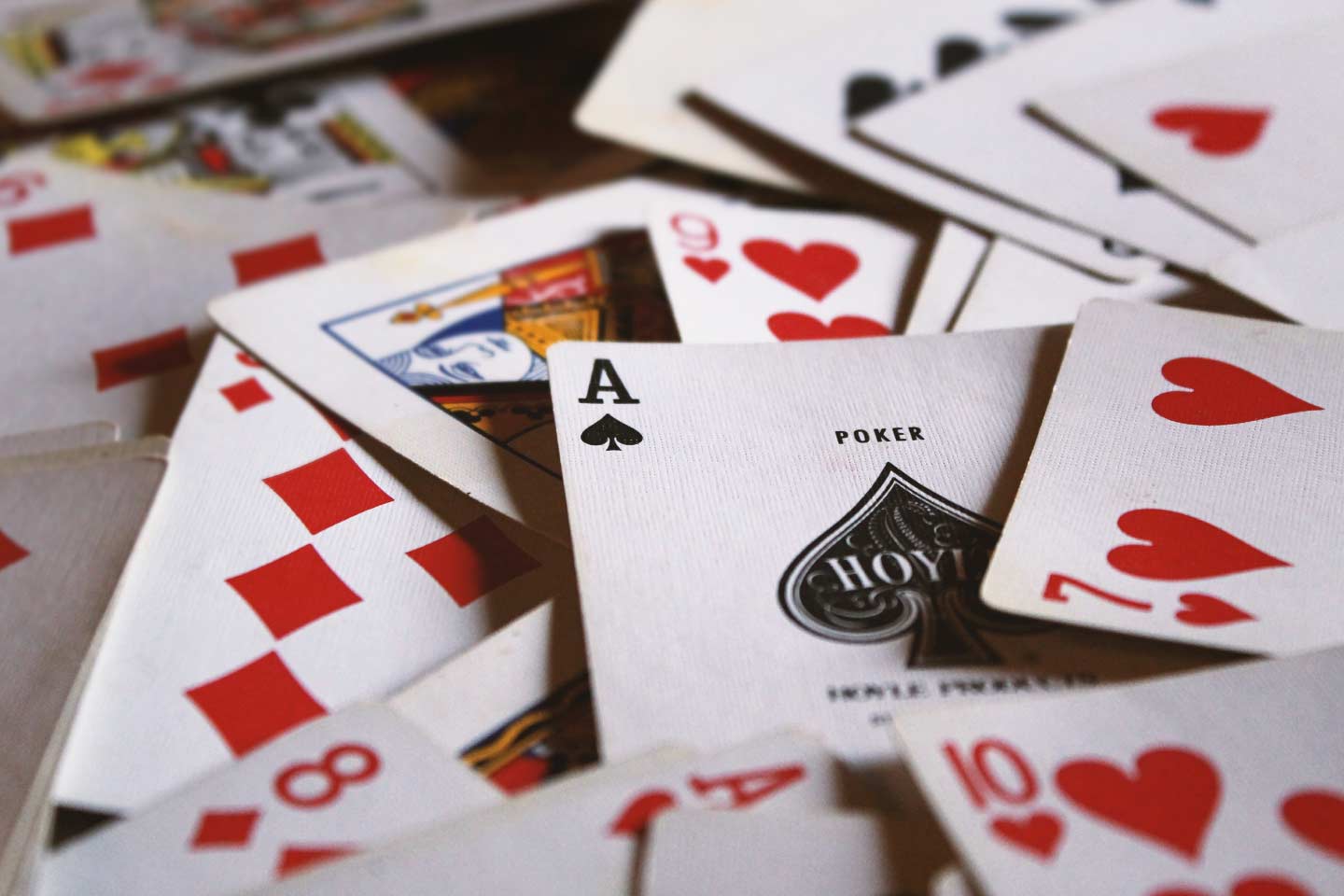Gambling Addiction
There are two different types of gamblers: the person who can place a wager and walk away if they don't win, and the compulsive gambler.
The first type are not controlled by their gambling behaviour; while they feel great if they do win, they don't feel the compulsive need to keep trying, looking for a bigger and bigger jackpot.
The compulsive gambler on the other hand is a person who feels a deep need to engage in this kind of behaviour. They do so knowing the odds are against them and that if they do lose it may mean that they cannot pay the rent or buy food for their children. However, the need to engage in the behaviour overrides their best intentions.
To make matters more complicated gambling is now deeply-embedded in our society, all around people, every day. It is not just playing cards at the casino or playing the slots. It is everywhere including sportsbooks online, online casinos, mobile device casino games, lottery tickets and even "friendly" wagers on football match or a horse race.
The Gambling Reward Systems
Addictions form when a specific behaviour causes a flood of feel-good chemicals in the brain. For a gambling addict this will usually come from a first big win at some type of gambling event. The individual feels on top of the world, able to overcome any problem and without a care. To keep that feeling going they will wager again; but this time - or eventually - they lose. However, by now the brain has developed a need for the feeling of winning, so it looks to re-trigger the behaviour and the pattern is repeated.
At the same time, gambling provides a random reinforcement, which is the most effective way to treat and instil behaviour. In other words; you never know when you will win, but you know that you will eventually win, if you carry out the behaviour enough times.
The Signs
People with a gambling addiction are often extremely defensive if approached about their behaviour. They often lie about gambling, and can create complex stories to cover the facts of where they are spending money, or why they do not have money.
Most people with this addiction are very secretive about their gambling. They may publicly criticise others for gambling, or may gamble only when travelling for business and not at home. They may also frequent different locations to gamble or have friends that also bet, play cards or take "friendly wagers" on sporting events. Today, with online gambling, access to wagering of any type is just a click away, and the addict can have secret accounts or devices used just for gambling, maintaining online wallets that they can withdraw funds from without any record.
Treatment for gambling addiction is possible. Like any addiction, discovering the underlying issues that are triggering the behaviour and developing new, healthy and effective coping mechanisms are required in order to stop, change and move forward with a balanced and healthy life.
The specialists in addiction recovery at the Mayfair Therapy Practice provide customised, individual treatment for gambling addicts. They can also work with any concurrent treatment needed for issues such as depression, anxiety or trauma, all of which can be present as part of a gambling addiction.
Contact us by email or call us on 07809 668193 to find out more, or to arrange contact with one of our specialists.
WebHealer


